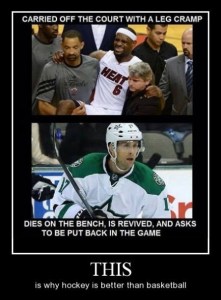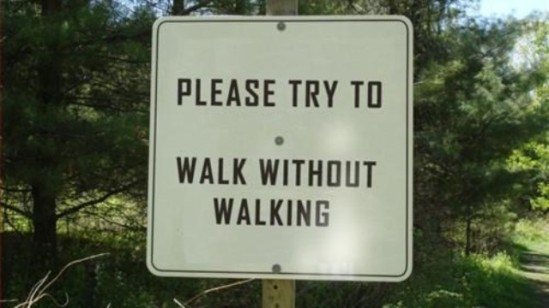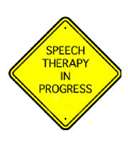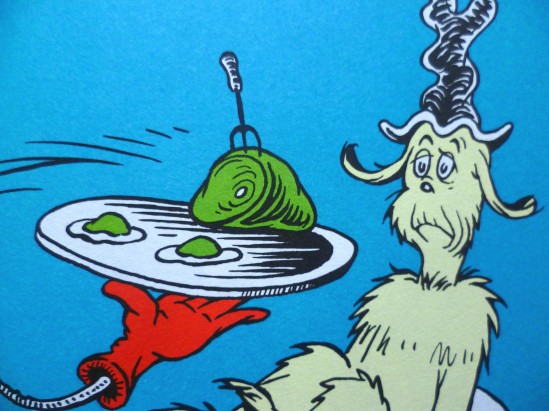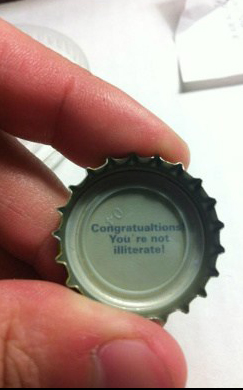
Back when ice hockey was new to the American South in 1973-ish, with Atlanta (Flames) and Houston (Aeros) getting teams involving the sport on ice, I had this idea for a feature magazine story.
I could tell the story of the sporting franchises trying to make inroads in cultures where ice was something to put in their mint juleps, and a puck was someone in Willie Shakespeare’s A Midsummer Night’s Dream.
Maybe hockey would even come to New Orleans, where I was based, so I could get in on the fan action. (As a former player, the closest I could get to ice was the annual Holiday On Ice show that came to town every few years, set up a temporary rink and allowed Yankees like me to skate early Sunday mornings)
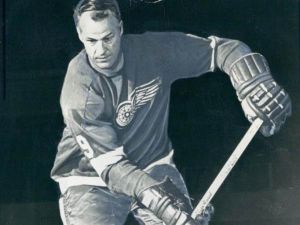
I would get an interview with the Houston Aeros star player, Gordie Howe, who had been lured out National Hockey League retirement in his mid-40’s to play with the World Hockey Association. Maybe it had something to with playing with two sons, Mark and Marty. He was, after all, Mr Hockey, already a member of NHL Hall of Fame, and the namesake of the Gordie Howe Hat Trick – scoring a goal, an assist, and involved in a fight during one game.
I contacted the Houston Aeros, outlined my story, and they agreed to let me interview Gordie after a game. Like an addict too long from his drug, I was overdosed with images/sounds/smells from the game, when I walked into the locker room to find Mr Hockey straight out of the showers, glistening in his birthday suit. I remember being overwhelmed with the Adonis-like figure (in a non-rainbow way), and saying to myself: I hope look that good when I’m 45.
Fast forward now through 41 years and you’ll find that Gordie and I have both had strokes, with his making news.
His stroke, according to his family, left him unable to walk or speak. He was described as ‘catatonic.’
They had mentally prepared for the end; his funeral, the eulogies, the things that are left unsaid, but you’re aware of.
That was the beginning of December of 2014. Fortunately the youngest of Gordie’s sons is a doctor and he saw some literature about a treatment in Mexico involving stem cells.
Now you’d think that with all that doctor training would produce some real-life scientific scepticism, but Dr Murray Howe arranged to have Mr Hockey transported to Tijuana and get the treatment. And then:
“At Tijuana medical clinic where, on Dec. 8, the elder Howe sat straight up in bed just hours after an injection of about 100 million stem cells and demanded with an astonishingly strong voice that he needed to use the restroom, Murray Howe said.
“He says, ‘I’ll walk,’ and I said, ‘You can’t walk,’ ” Murray Howe recalled. “He says, ‘The hell I can’t.’ And he sits up and puts his feet over the side of the bed and stood up.
“If I hadn’t been there and seen that happen with my dad, I don’t know if I’d believe it either.”
– Detroit Free Press
There are people who don’t believe it, scientists who say with bravado, indignant spittle (because Science is on their side), this story is creating a false hope and raising hope for snake oil salesmen.
So the debate continues.
Can stem cells help cure the affects of stroke?
Or is it bunkum? You can’t fool Science.

I would gladly try anything to be able to speak again. And if it’s good for Mr Hockey, it’s good for me. He managed at age 86 to score one-third of a Gordie Howe Hat Trick – a fight with stroke (which he won), without taking a penalty.
One final note about hockey as a sport:
